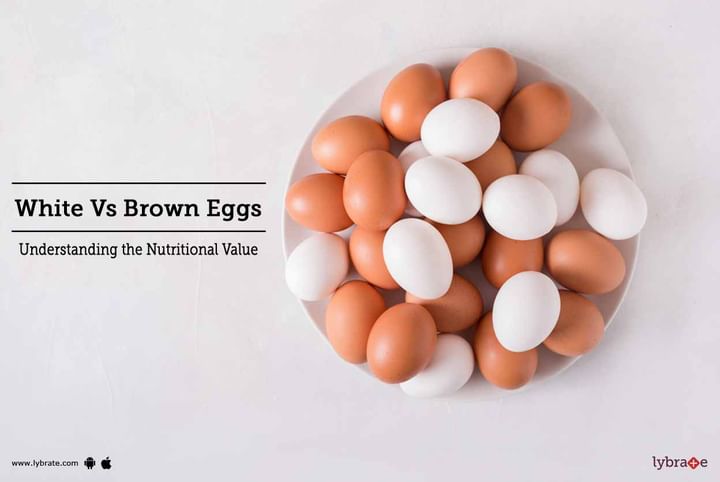White Vs Brown Eggs - Understanding the Nutritional Value
Lifestyle changes such as eating healthy and exercising are to be incorporated in everyone’s life. The awareness to go organic is being spread wide, mostly because of social media. Analysis of the food we eat and questioning the components of our diet is very much necessary and this has created a lot of facts and myths. In the world that we live in today, we weigh multiple options for choosing the right one. One such comparison is between white eggs and brown eggs. The egg shell color influences consumers to a great extent.
Nutritional value: Eggs are filled with nutritional value. About 70 calories, 6 grams of protein and vitamin B are the components of eggs. Eggs are a very good source of protein. The egg yolk contains a lot of cholesterol. Those who would want to avoid cholesterol can take only the egg white. Carotenoids lutein and zeaxanthin are the other nutrients present in eggs. They lower the risk of macular degeneration. Choline, another element present in the eggs helps in memory development.
Types of eggs: The common labels one could see in the case of eggs are free-run, organic, free-roaming, vegetarian fed, Omega-3 enriched and graded eggs. These categories are based on the diet and lifestyle of the hens. Some hens are fed vegetarian food and are not given animal proteins. Some are not caged and are let in open spaces. These hens lay eggs in their nests and some are fed with flax seeds. Such eggs are labeled as Omega-3 enriched.
White vs brown eggs: Here are a few points to ponder about the difference between white eggs and brown eggs.
- Shell: The color of the shell is the major difference between brown and white eggs. The egg shells of brown color are believed to be hard, which is nothing but a myth. Young chickens lay harder shelled eggs.
- Nutritional value: The color does not really determine the egg quality. What really matters is the hen's diet. Two hens, given the same diet, lay eggs with the same nutritional value irrespective of the color of the shell.
- Yolk: It is believed that brown eggs have richly colored yolks when compared to white eggs. This is determined by the amount of corn the hen eats rather than the eggshell color.
- Cost: White chicken lays white eggs and brown chicken lays brown eggs. Brown eggs are costlier than white eggs. This is because the maintenance of brown chickens cost more. They are larger in size and they require more food. This costs the farmers more.
- Taste: White eggs and brown eggs taste the same. There are not many differences when it comes to taste of the eggs. This again depends on the food to the hen.
- Bleaching of white eggs: White eggs are not bleached to make them appear white. As mentioned earlier, the color of the hen influences the color of the eggs. Sometimes brown hens lay white eggs but the color of the resulting white egg is darker than a normal white egg. This has no connection with bleaching.
The nutritional value is the same for both the eggs. The major things that cause a difference between these two eggs are the shell color and cost. If you wish to discuss about any specific problem, you can consult a doctor.



+1.svg)
